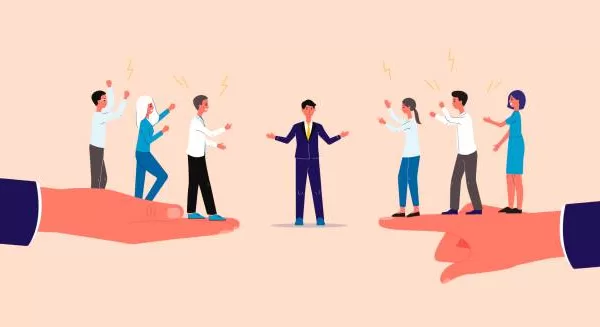No matter what business you work in or what job title you have, teamwork skills are critical to your success. Working well with clients, colleagues, bosses, and other coworkers can help you finish things more quickly while also creating a pleasant environment for yourself and others. A healthy, high-functioning workplace is often one that stresses good cooperation skills.
We’ll look at what teamwork skills are, how to improve them, and other soft skills that can help you be a better teammate in this post.
What does it mean to have teamwork skills?
The qualities and abilities that enable you to work well with others during conversations, projects, meetings, and other collaborations are known as teamwork skills. The ability to communicate effectively, actively listen, and be responsible and honest are all required for effective teamwork. There are a slew of other soft skills that can help you be a better teammate at work, which we’ll go over in greater detail below.
What are the benefits of having good teamwork skills?
Every industry, at every level of your career, will require you to collaborate with others. Doing so in an empathic, efficient, and responsible manner can help you achieve your goals, build your resume, and make a positive contribution to your company. It can also aid in the development of interpersonal relationships. Building rapport can lead to more productive professional relationships, new contacts, and even new possibilities.
Teamwork skills examples
Many additional soft skills can be worked on to improve teamwork skills over time. Here are a few characteristics that can help you improve your teamwork abilities:
Communication
A vital teamwork skill is the capacity to communicate clearly and efficiently. It is critical to offer pertinent thoughts, ideas, and crucial information when working with others. There are numerous forms of communication abilities, both verbal and nonverbal.
Responsibility
It’s critical in the teamwork dynamic that all parties involved understand the work they’re responsible for and make an attempt to finish it on time and to the desired standard. They can work together toward a common objective if the entire team is working correctly and takes responsibility for their own task.
Honesty
Working through a conflict, explaining why you were unable to complete a task on time, or providing uncomfortable updates are all examples of practicing honesty and transparency at work. Without openness, it can be difficult for a team to build trust and, as a result, operate well together.
Listening attentively
Active listening abilities, like communication, can help a team understand and trust one another. Making an effort to focus carefully on one person while they communicate their ideas, thoughts, or feelings is known as active listening. You might also ask follow-up questions to learn more about what they’re saying.
Empathy
Empathy for your teammates might help you understand their motivations and sentiments better. Taking the time to listen and learn how others think and operate will help you communicate effectively with them.
Collaboration
Teamwork is defined as the ability of a group of people with a variety of abilities and talents to work together toward a common objective. It is crucial to work with other teammates to share ideas, improve each other’s work and help one another to form a good team.
Awareness
It’s critical to enhance your capacity to be aware of the team dynamic at all times when working in a group. For example, if one person dominates the conversation or refuses to let others offer their thoughts, it’s critical to restore balance so that each member contributes equally. Alternatively, if one teammate is timid or unwilling to share ideas, it is critical to provide a safe environment for all teammates to contribute their unique skills and abilities.
How can you increase your ability to operate in a group?
- While improving soft skills such as collaboration takes time and effort, these qualities are undoubtedly attainable. Here are some suggestions for improving your teamwork abilities:
- Get honest feedback. It can be difficult to recognize your own areas for growth. Finding a reliable friend, coworker, or mentor who can provide you with honest criticism about your teamwork strengths and weaknesses might help you grow.
- Set personal objectives. You can enhance one teamwork skill at a time by using your own observations and feedback from others to create attainable, meaningful, and time-constrained goals. Setting proper career objectives is simple when you use the SMART goal framework.
- Practice. To observe advances in your skill set, you’ll need time and practice. Pay close attention to your collaborative encounters both at work and at home throughout the day. Take deliberate steps to practice the precise qualities you want to develop.
- With good teamwork skills, imitate others. Take notes when you encounter examples of excellent teamwork and try to figure out why the interaction struck out to you. When working with others, use those attributes in your own interactions.
Developing teamwork skills can help you both in your career and when seeking new opportunities. Take some time to assess your existing skill set and discover areas where you might improve. With time and practice, you can begin building a strong set of teamwork skills.




